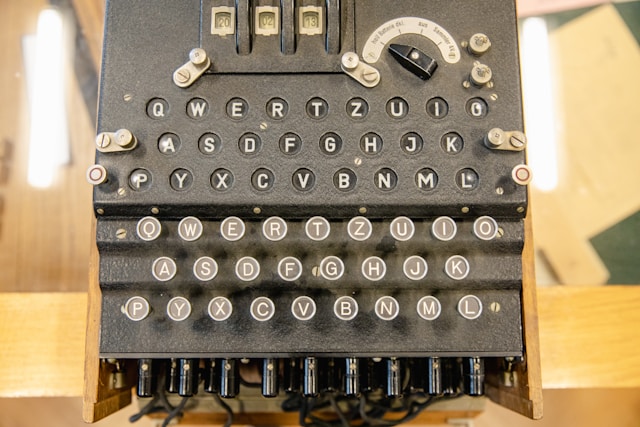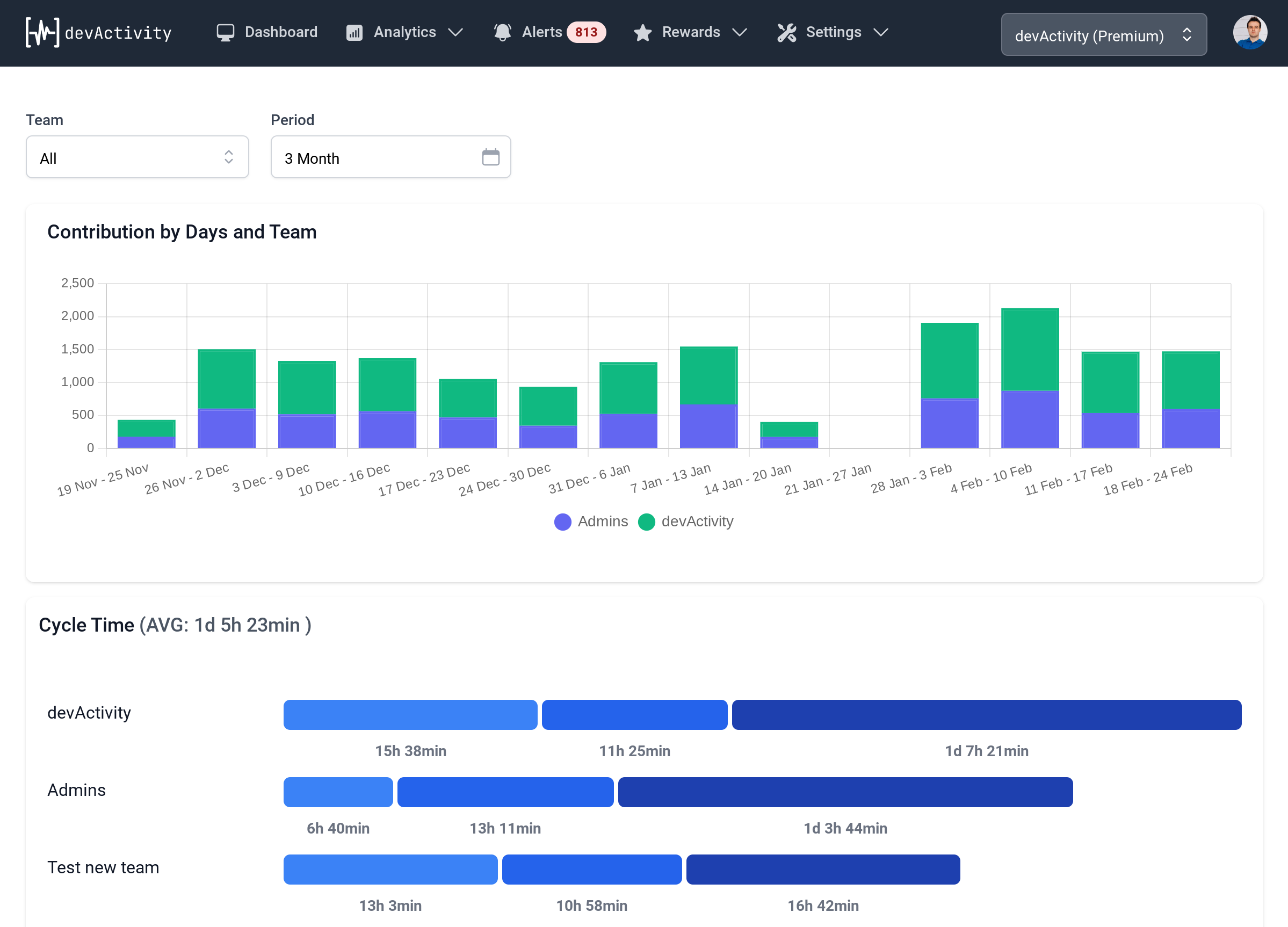Development Goals Examples: A Guide to Setting SMART Objectives

Feeling stuck trying to define clear development goals for your team? You're not alone. Setting achievable and meaningful goals is like navigating a jungle without a compass. It's easy to get lost and frustrated. But fret not, my friend, because we're about to embark on a journey to set you up for success with a treasure trove of development goals examples.
Whether you're a seasoned manager leading a team of ninjas or a solo developer striving to level up your skills, crafting effective development goals examples is the key to unlocking productivity and achieving your tech-y dreams.
But before we dive into the specifics, let's talk about what makes a development goal truly awesome: SMART goals.
What are SMART Goals?
SMART goals are a framework that helps you create goals that are:
- Specific: A clear and well-defined goal, leaving no room for ambiguity.
- Measurable: A goal with quantifiable metrics so you can track progress.
- Achievable: A realistic goal that can be accomplished within a set timeframe.
- Relevant: A goal aligned with your overall goals and priorities.
- Time-bound: A goal with a defined deadline, creating a sense of urgency.
Think of it as a roadmap. A SMART goal gives you a clear destination, a way to track your progress, and a deadline to stay motivated. It's the secret sauce to turning your aspirations into reality.
Development Goals Examples: Individual
Imagine you are a developer. You want to level up your coding skills and become an expert in Python. That's a great start, but it's not a SMART goal. Let's break it down and transform it into a SMART development goal.
Original: *Become an expert in Python.*
SMART: *By the end of the year, complete at least 3 Python-related online courses, pass a Python certification exam, and contribute to at least one open-source Python project.*
See how specific, measurable, achievable, relevant, and time-bound that SMART goal is? It's like having a GPS guiding you towards your Python mastery.
Development Goals Examples: Teams
Now let's zoom out and explore development goals examples for teams. Let's say your team needs to improve code quality and reduce the number of bugs. How can we make that a SMART goal?
Original: *Improve code quality and reduce bugs.*
SMART: *By the end of the quarter, reduce the number of critical bugs by 50% by implementing a new code review process, increasing automated testing coverage by 20%, and adopting a static analysis tool.*
This SMART goal provides clear metrics, a deadline, and specific action steps. It's a recipe for a high-performing team and a bug-free future.
Best Practices for Setting Development Goals
Now that we've got our SMART goal framework in place, let's dive into some best practices to create those stellar development goals examples:

